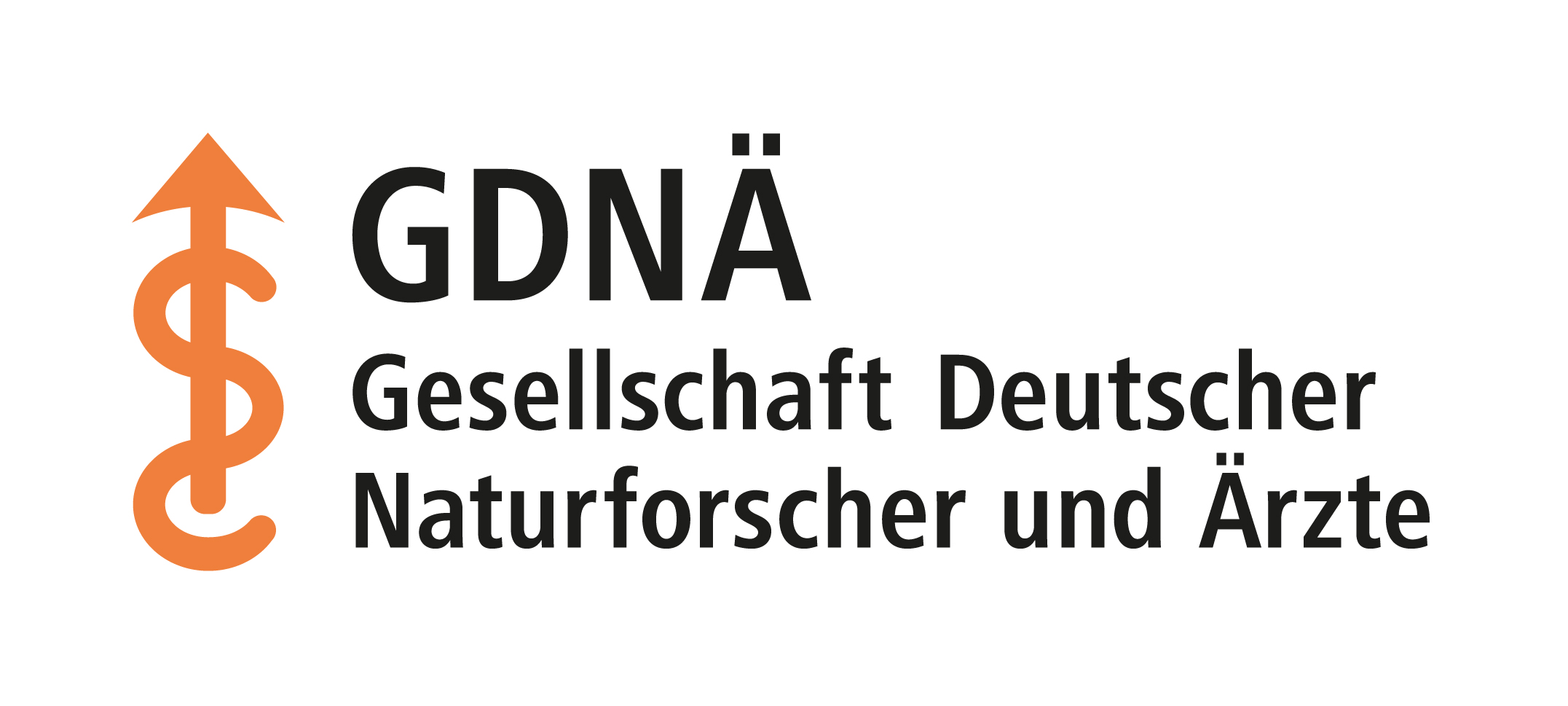‘We must not miss out on this development’
Professor Buchholz, you have been a member of the GDNÄ for a long time. How long exactly?
Actually, for more than a quarter of a century. I was brought in by Professor Heribert Offermanns, a gifted chemist and member of the Degussa Executive Board. I worked for him for several years as an executive assistant, writing speeches for him, for example. Mr Offermanns was my mentor – he convinced me of the qualities of the GDNÄ.
What particularly appealed to you?
The wide range of topics and the interdisciplinary approach to the natural sciences. Even as a child, I was interested in nature in all its diversity and fascinated by the infinity of the universe. When it came to choosing a degree course, I found it difficult to decide between chemistry, biology and physics. In the end, I chose chemistry, which in retrospect was the right choice for me.
In what way?
Because chemistry has many links to other disciplines. The most exciting time in my professional career was the years I spent in biotechnology, where I was able to work with biologists, physicists and engineers, among others. These were wonderful interdisciplinary teams that achieved great results. I am thinking, for example, of fermentatively produced amino acids that replace amino acids obtained from animal material. During the BSE crisis, this was an important and profitable innovation for the company.

© Evonik
You started at what was then Degussa and remained loyal to the company and its successor companies, now Evonik, until your retirement. Were you not tempted by an academic career?
Yes, basically, that was my original goal, but based on my assessment during my studies, I felt that chemistry had been relatively well researched and the basic molecules were already known. Of course, you can still produce an infinite number of new molecules, but that wasn’t my path. I was more interested in innovation, in using knowledge for new processes and products. I also found the practical transfer of research results into large-scale production exciting. It’s difficult, but it succeeds time and again. One example is the very skin-friendly, nature-identical and biodegradable biosurfactants that one of my project teams developed over the last decade: today, they are used in dishwashing detergents and skin care products, for example. As a biotech manager who worked exclusively with biologists and engineers for several years, I felt very much at home in the chemical industry.
The German chemical industry is not doing well at the moment. Is there a lack of innovation?
Yes, but not only in terms of new chemical products. We already have a lot of good products. The chemical industry is a mature industry that is undergoing a gigantic transformation. Energy and raw materials are expensive, cheap competition and weak demand are squeezing margins. Consolidation is inevitable; the chemical industry will shrink. At the same time, it is urgently needed, not least to combat climate change and better protect the environment. However, radically new approaches are required. I see opportunities in the combination of chemistry and artificial intelligence, which will give the field a major boost. And we must not miss out on this development.

© Evonik
That sounds like a good topic for the next GDNÄ meeting in Bremen in 2026.
Yes, a contribution on this topic is indeed planned. Lectures on industrial biotechnology and the electrocatalytic production of green hydrogen are also planned. The Nobel Lecture will be given by Benjamin List from the Max Planck Institute for Coal Research in Mülheim. He will report on his research into organocatalysis, for which he received the Nobel Prize in Chemistry in 2021.
In the GDNÄ, you are not only group chairman for chemistry, but also designated secretary general. At the beginning of 2027, you will take over the honorary position from Michael Dröscher. What motivates you?
The GDNÄ suits me and my interest in fundamental and interdisciplinary issues. That is what the GDNÄ has stood for for two hundred years. I find that impressive and important, and I am happy to contribute to its future development.
Do you already have any ideas?
In my studies at the University of the Third Age at Goethe University Frankfurt, I am currently focusing intensively on natural philosophy. This also involves our ability to understand nature and its limits. We are learning a great deal about scientific theories and the history of science and are engaged in lively discussions on these topics. I could also imagine such a range of topics being offered at the GDNÄ. The great popularity of my course shows that there is interest in such fundamental questions.

© Privat
About the person
Professor Stefan Buchholz studied chemistry in Marburg and completed his doctorate at the Max Planck Institute for Polymer Research in Mainz with a thesis on monomolecular layers. Buchholz then went on to do postdoctoral research at Harvard University in Boston. He has been an honorary professor at the University of Stuttgart since 2011. The 63-year-old began his professional career at Degussa in 1993 in the industrial and fine chemicals division in Frankfurt. From 1995 to 1998, he headed the company’s research planning and coordination and was assistant to the board of directors. From 1998 to 2000, the chemist worked as an operations assistant at the Degussa site in Antwerp. In 2000, he took over as head of the Biotechnology Project House, a research group focusing on biocatalysis. Stefan Buchholz then spent four years as head of Innovation Management C4 Chemistry, among other roles, before taking over as head of the strategic research and development unit Creavis in 2012 and later the Nutrition and Care division. In 2023, he took early retirement. Professor Buchholz has received numerous awards, most recently the Degussa Innovation Prize for the development of new fermentation processes in pharmaceutical production. He has been and continues to be a member of numerous committees and professional associations, has published extensively and holds more than twenty patents.
